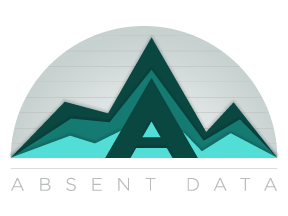Analysis vs Analytics
Have you ever wondered if these two terms are different or the same? Let’s explore the details and use cases.

In a nutshell, while both analysis and analytics are vital in the modern world, they serve different purposes. Analysis is about understanding and interpreting data to explain past or current phenomena. In contrast, analytics is about using data to anticipate the future and make informed decisions.
Analysis typically revolves around understanding and interpreting historical and current data. It seeks to explain “what happened” or “what is happening.” On the other hand, analytics uses data to make predictions and anticipate future trends. It’s more about “what will happen” or “what could happen,” leveraging statistical methods and algorithms to provide foresight and guide decision-making.
What is the difference between Analysis and Analytics
Analysis: The primary goal of analysis is to understand or explain a specific set of data. It’s about digging into the details, asking questions about the current state, and finding answers based on existing information.
- Analytics: Analytics is forward-looking. It’s about leveraging data to make predictions, optimize processes, and drive strategic decision-making. It is not just about understanding the present but anticipating the future.
Scope
- Analysis: Typically, analysis is more narrow in scope. It focuses on understanding individual datasets or specific problems.
- Analytics: Analytics has a broader scope. It involves using data from various sources, integrating it, and applying algorithms or models to derive insights that can guide actions.
Tools and Techniques
- Analysis: Common tools for analysis include Excel, basic statistical tests, and data visualization techniques. The emphasis is on understanding and interpreting the data at hand.
- Analytics: Analytics often employs advanced tools and software like Google Analytics, Tableau, or machine learning platforms. It leans heavily on algorithms, predictive modeling, and other sophisticated techniques to extract actionable insights from data.
Applications
- Analysis: Businesses might use analysis to understand their sales performance in the past quarter or to evaluate the success of a particular marketing campaign.
- Analytics: Companies leverage analytics to forecast future sales, optimize their supply chain, or predict which products will be hit in the upcoming season.
